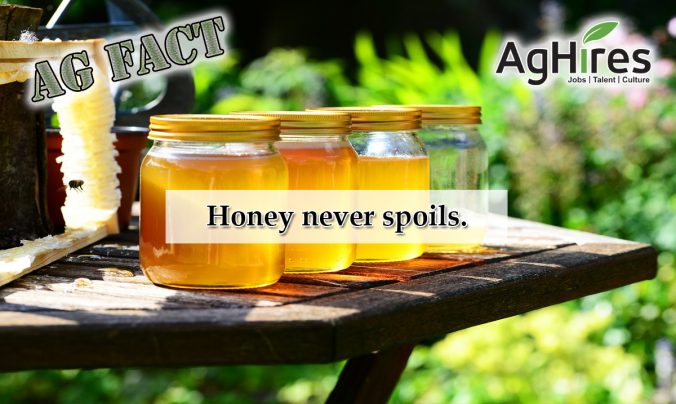
What summer treat is sweet and yummy? Honey! It’s not only sweet, but it’s good for you too! The sweet bee nectar has every nutrient to keep a person alive – it has enough water, vitamins, and minerals. It also doesn’t spoil, so you can keep it for as long as you want. But there’s more to the golden syrup than just these two facts. Check out these sweet facts to learn more.
- Honey has existed since 5,500 B.C.
- Ancient Egyptians were the first to use the liquid.
- Archaeologists discovered honey in the tombs of the Pharaohs. The liquid was more than 3,000 years old and hadn’t spoiled.
- Reverend Lorenzo Lorraine Langstroth developed the hive system and structure that beekeepers still use today.
- Before the modern hive system, honeycomb was cut directly from hives and crushed in order to extract the liquid.
- Honeycombs are very valuable because bees can use them more than once.
- Honeycomb and beeswax are edible.
- Honey’s color, smell, and flavor can vary based on the region, soil, and climate.
- Common varieties of the liquid include buckwheat, clover honey, and eucalyptus honey.
- A hive can produce between 60 to 200 pounds of the liquid each year.
- Only 1/3 of honey consumed is produced by beekeepers.
- Honey has every nutrient to keep a person alive.
- The liquid has medicinal uses and can be used to treat cuts, infections, colds, and more.
Want more Agriculture Facts? Click here
Follow us on Facebook and Twitter to get your weekly dose of Ag Facts.
Written by Abigail Tomalewski, Marketing Intern
Sources:
Learn everything you need to know about honey!





